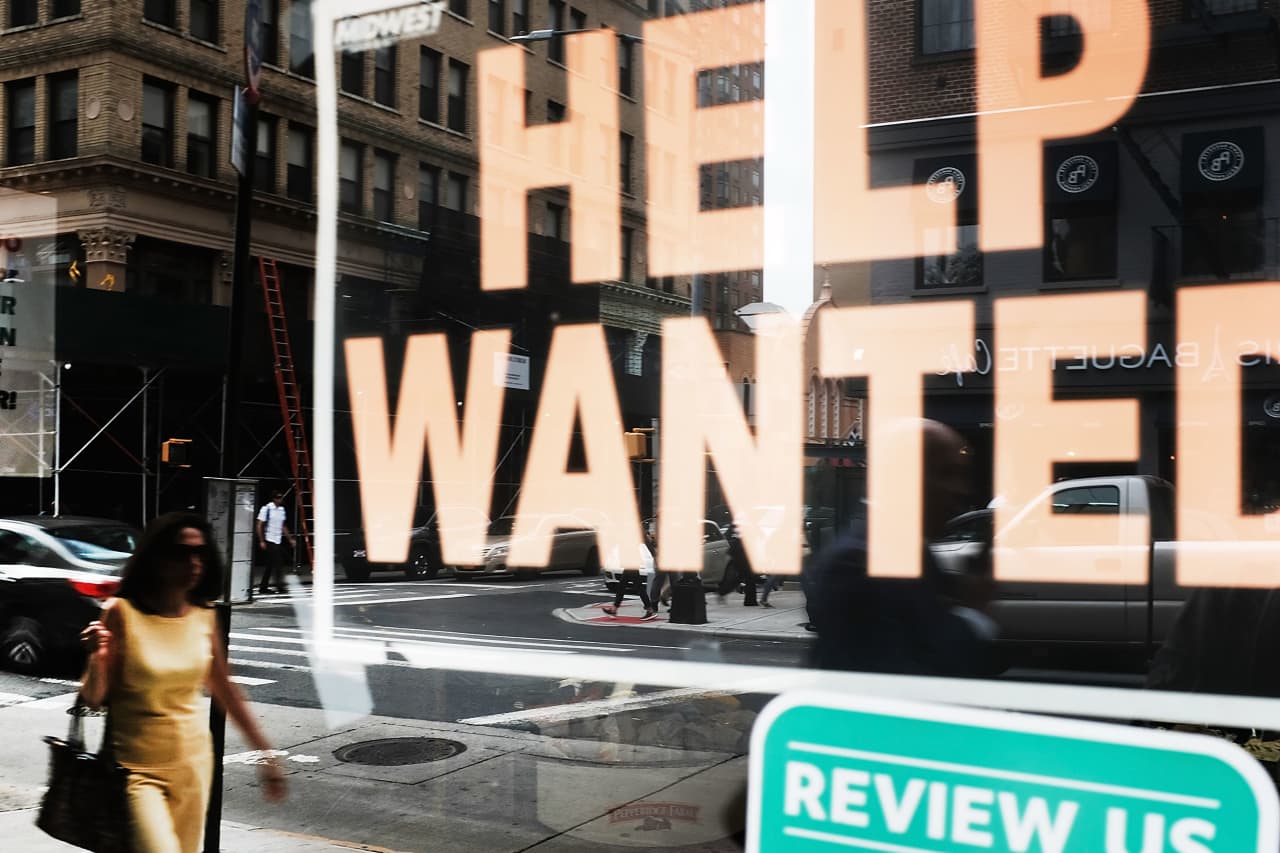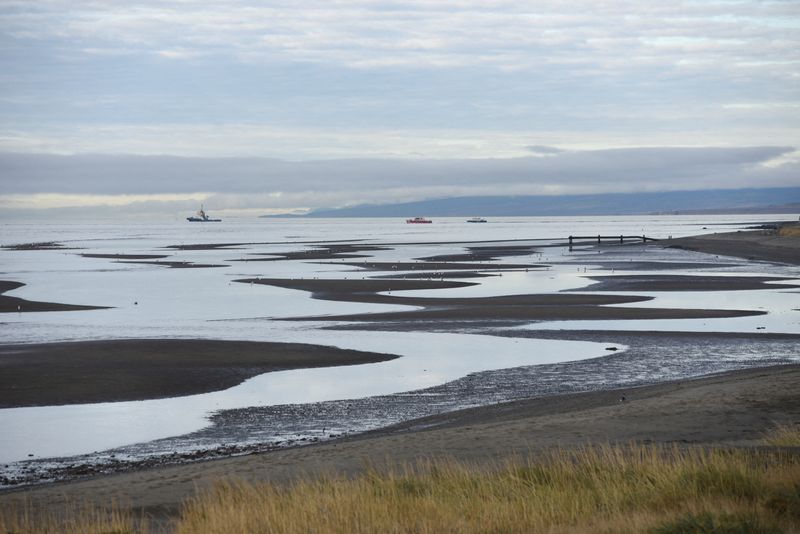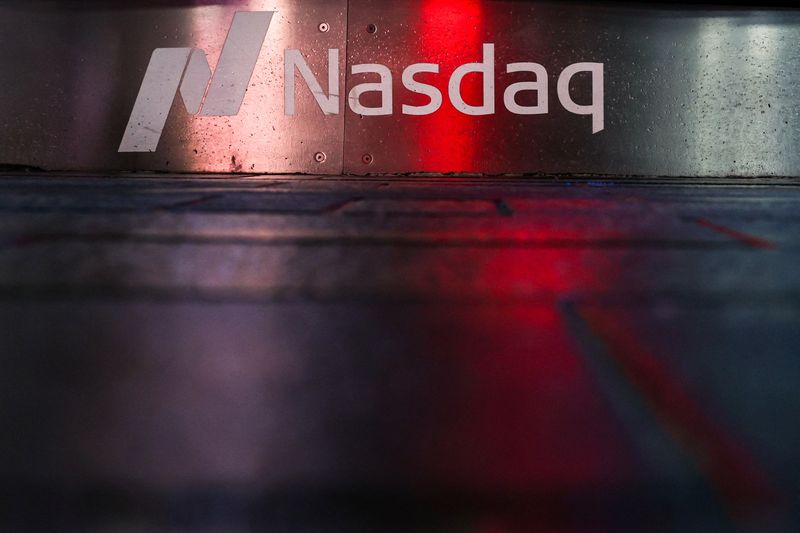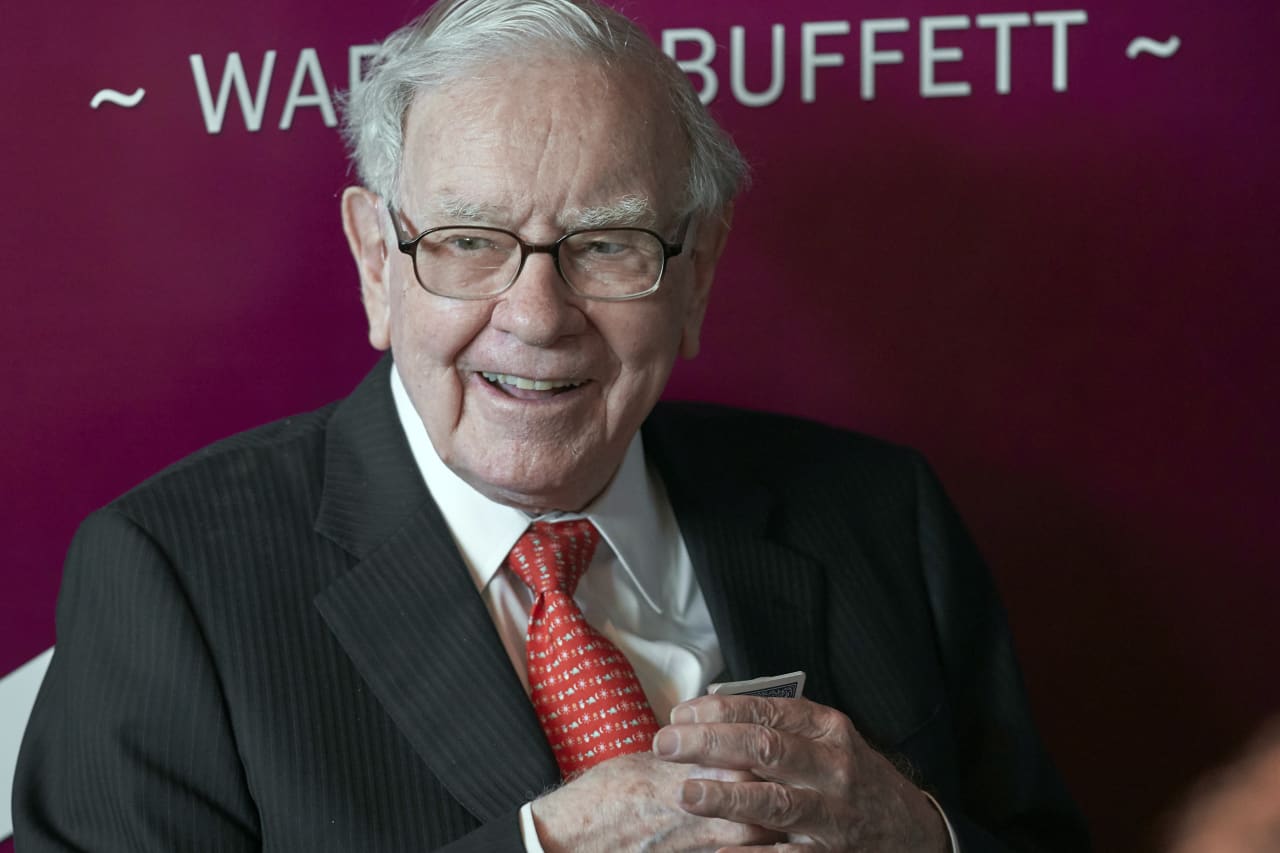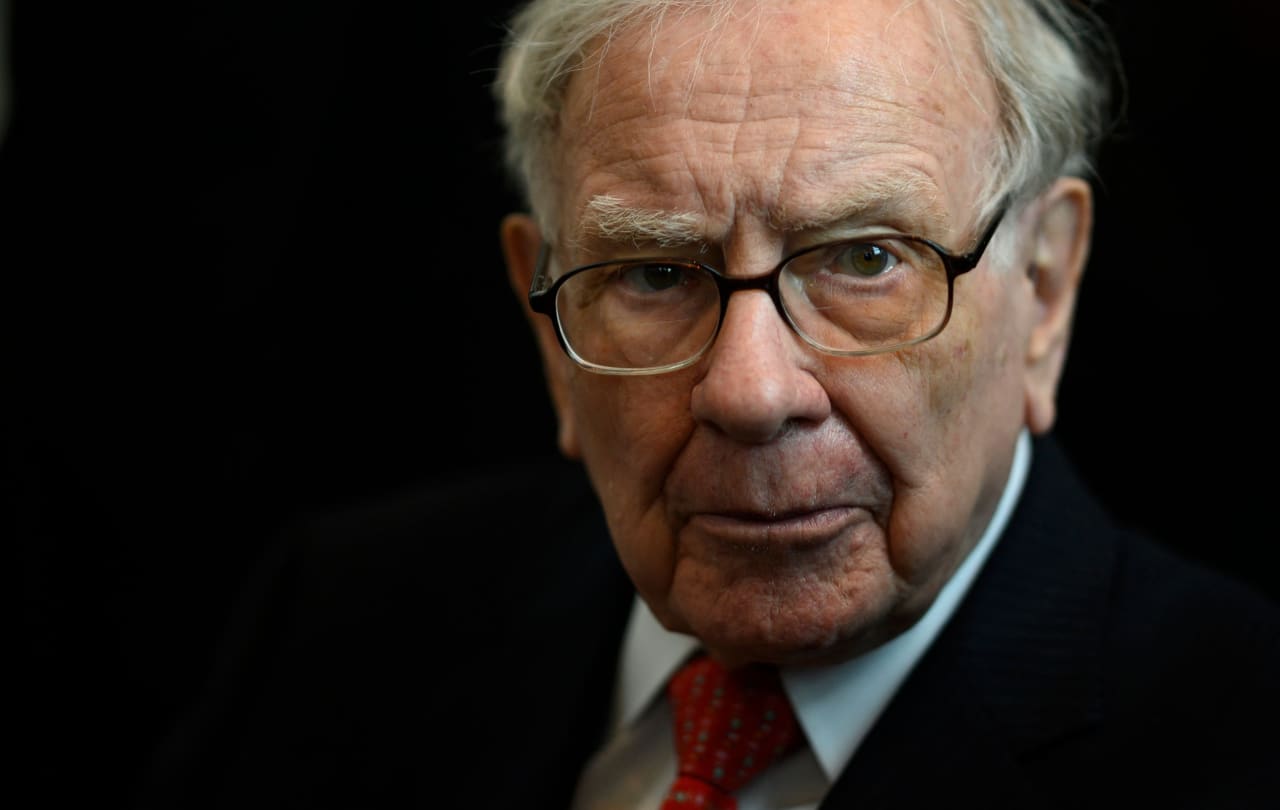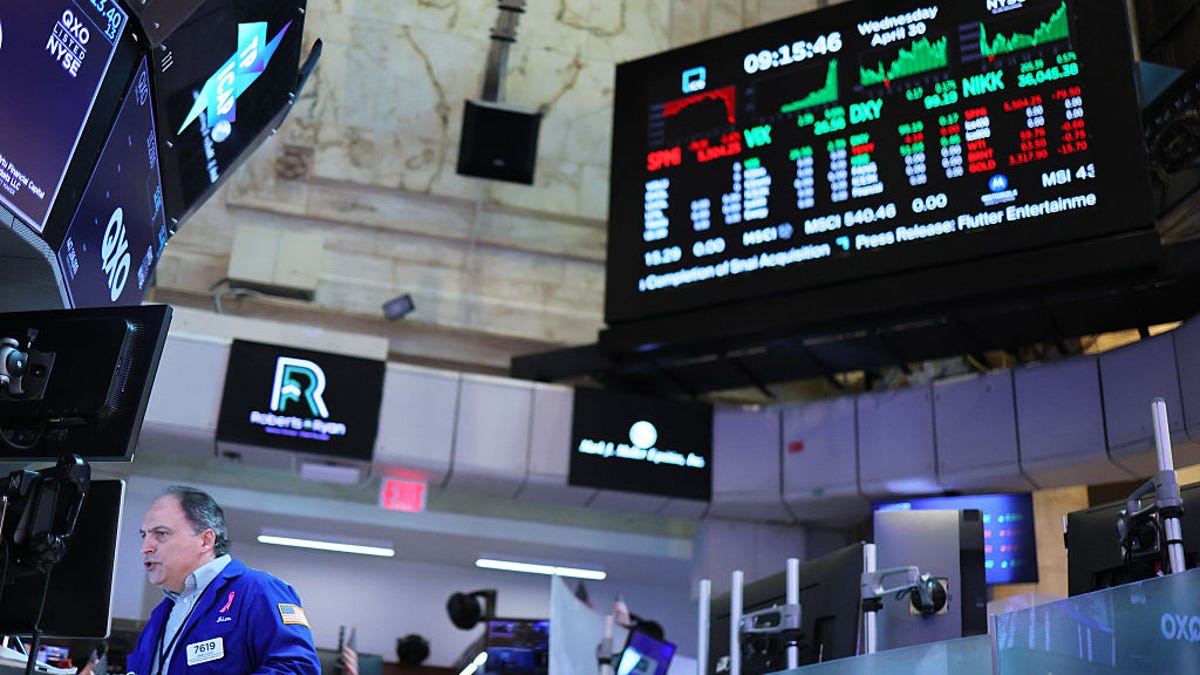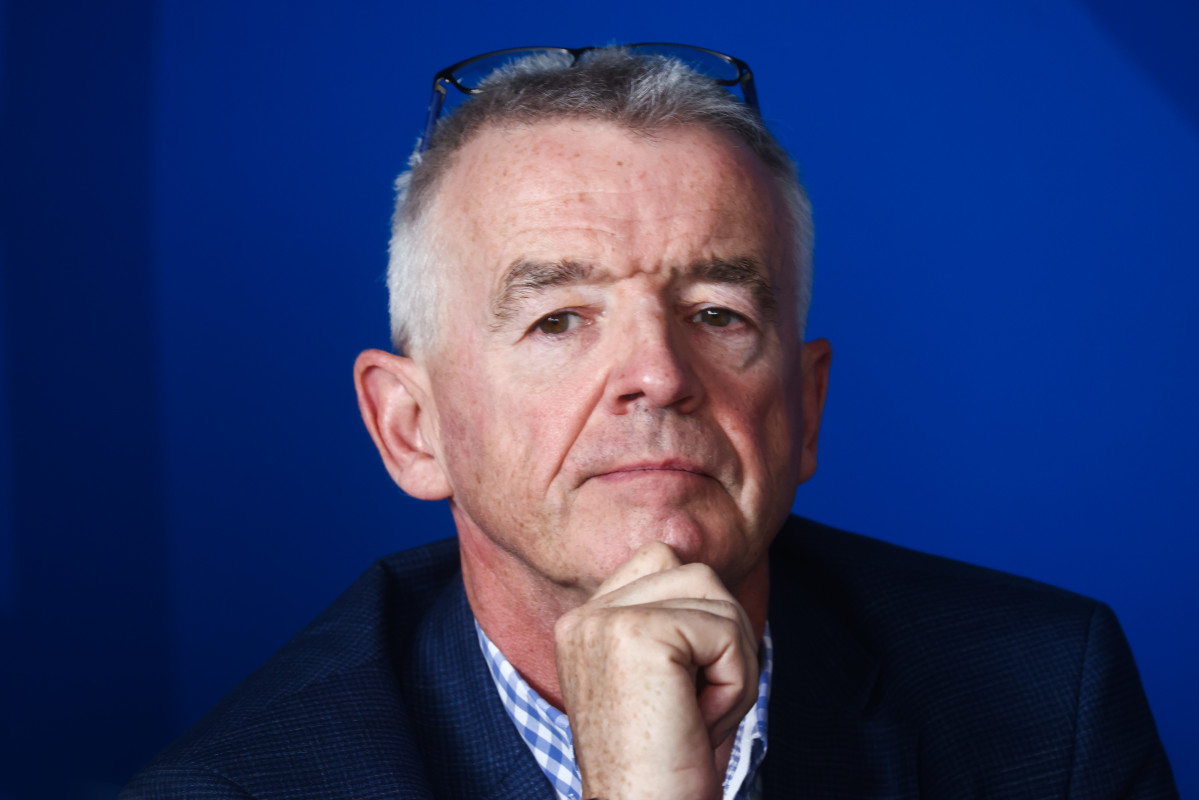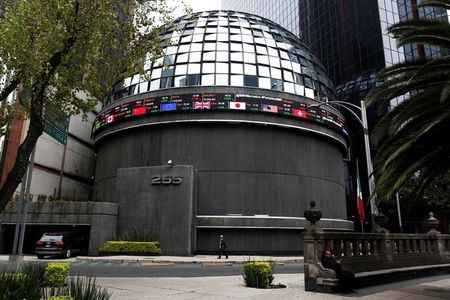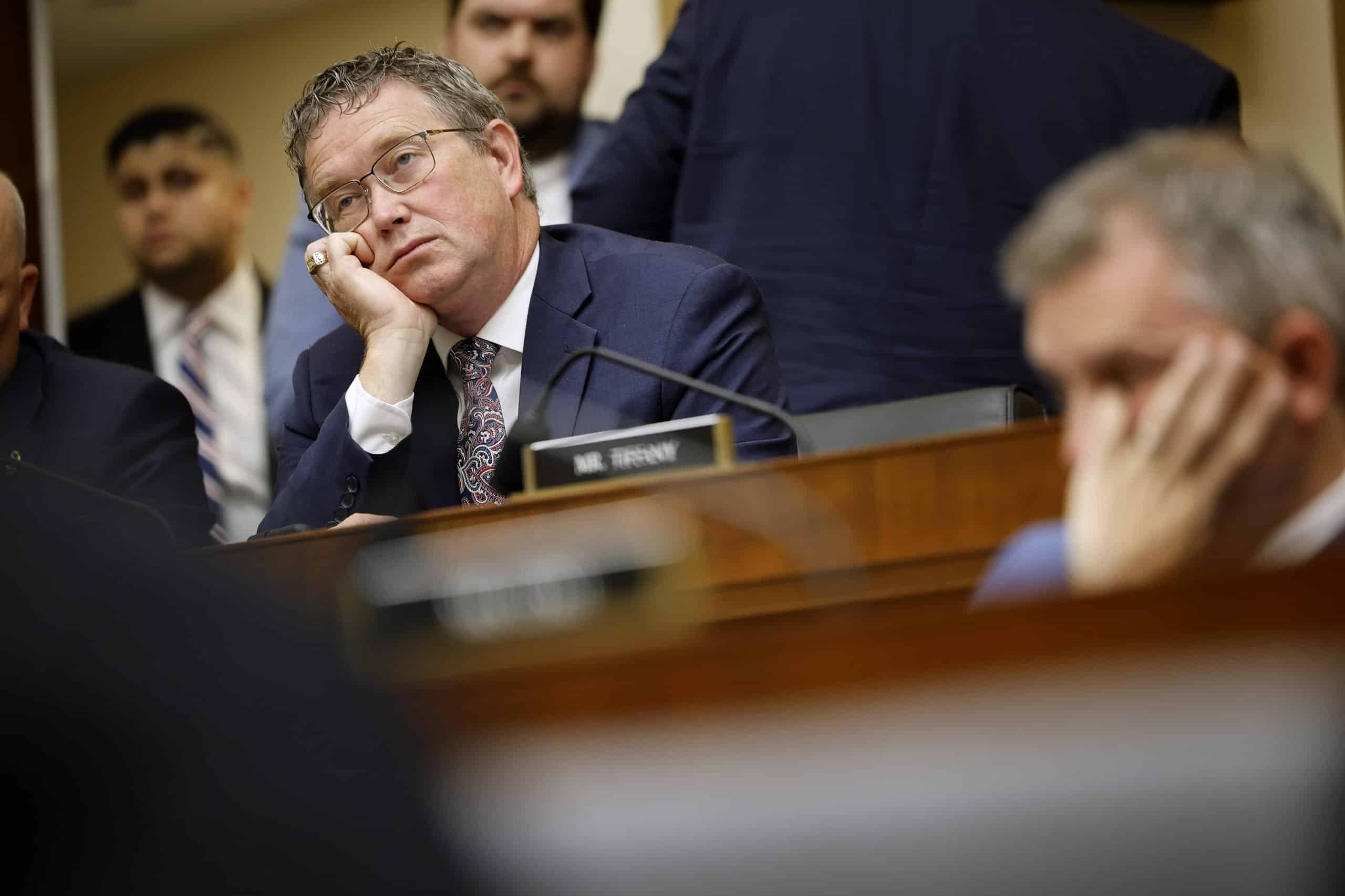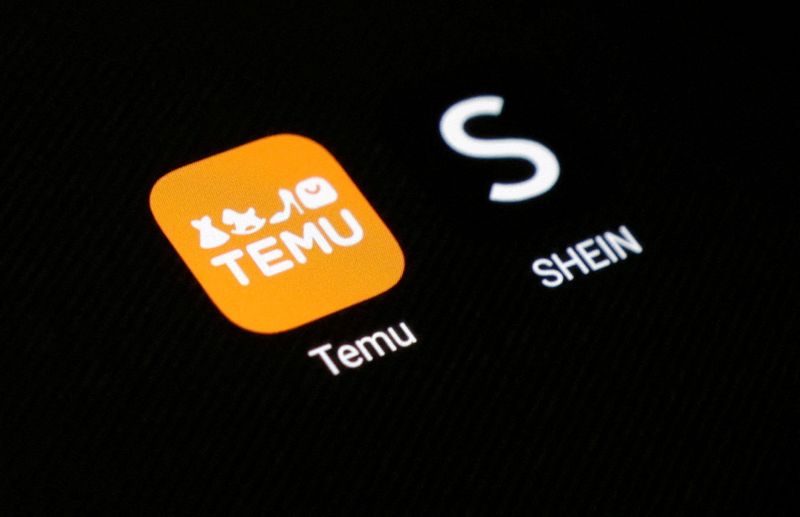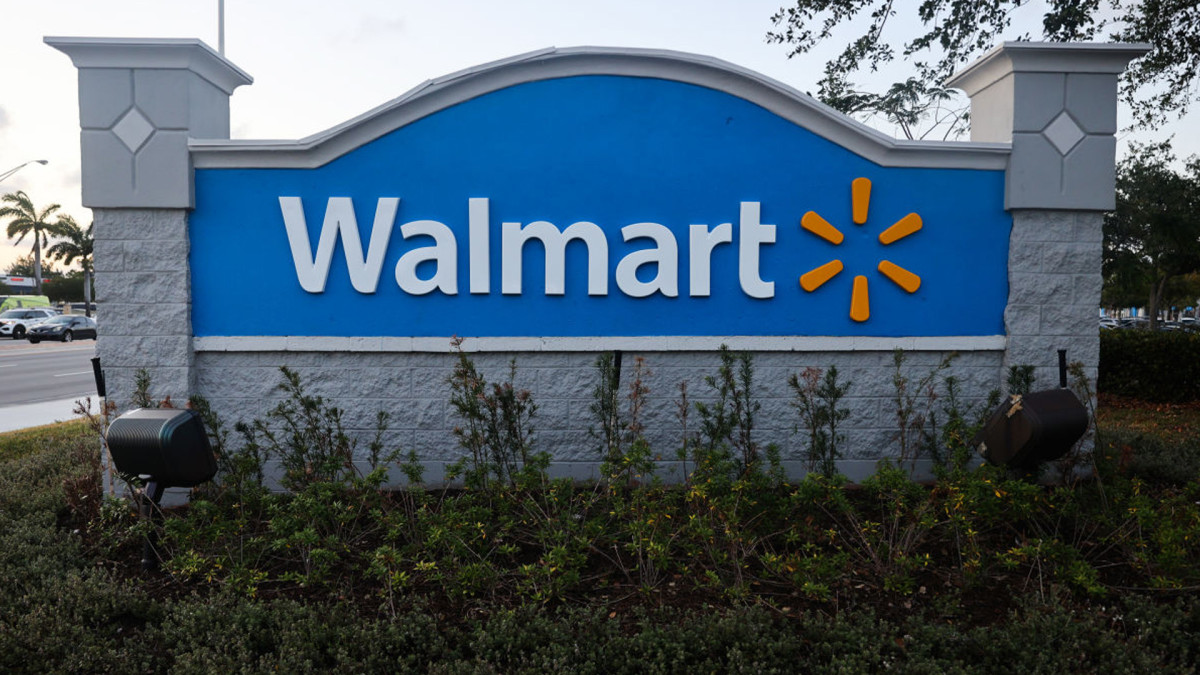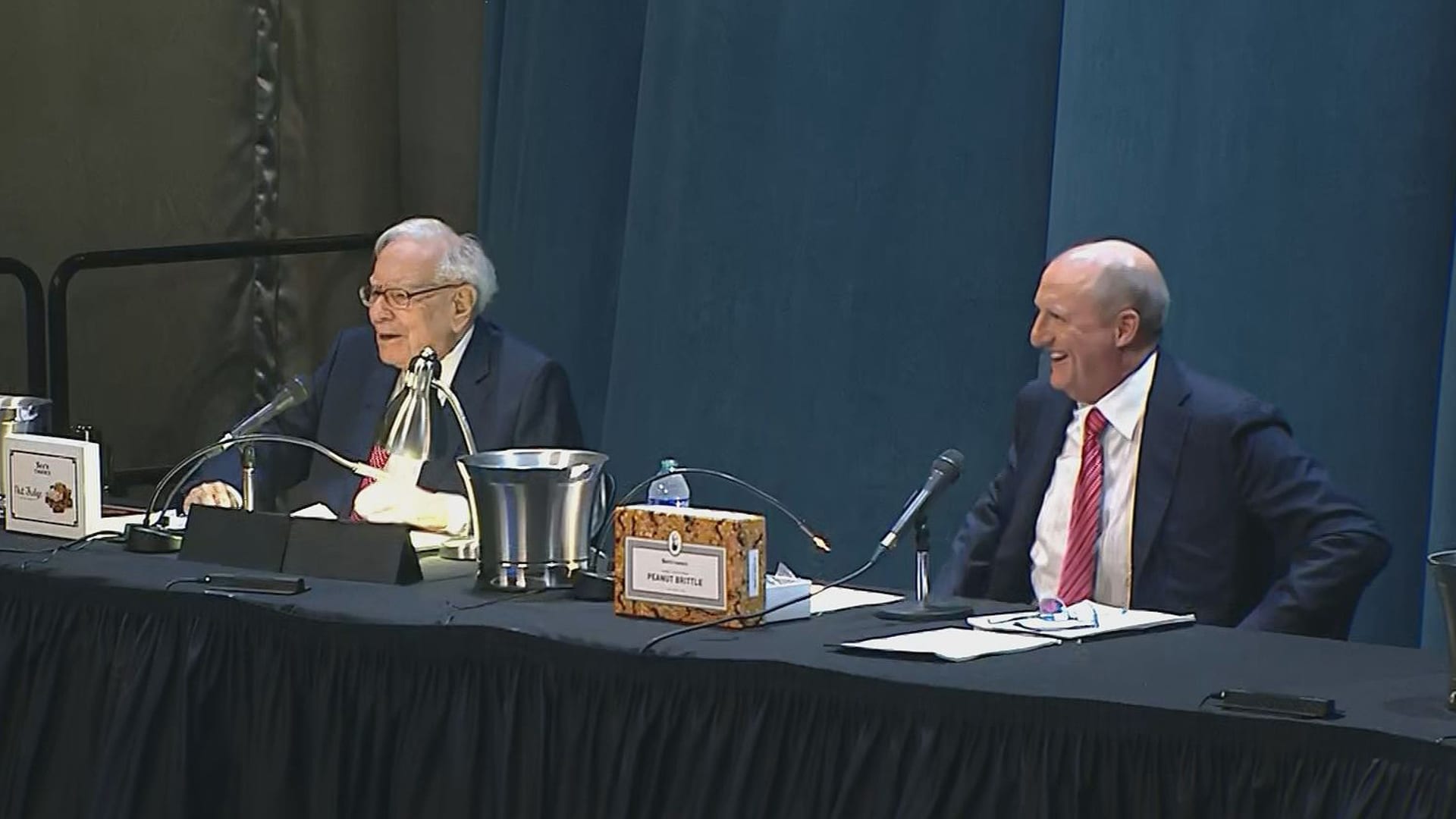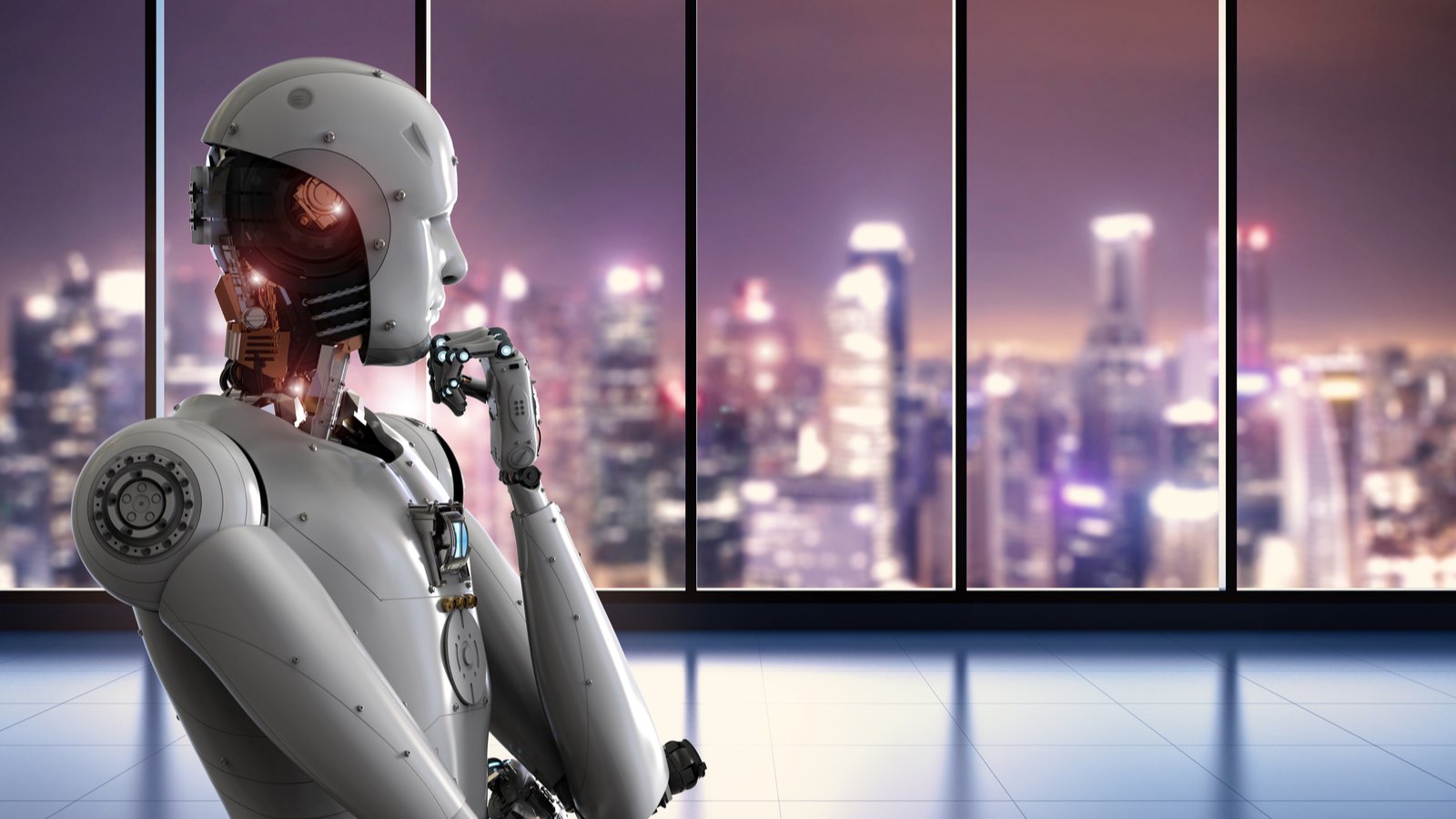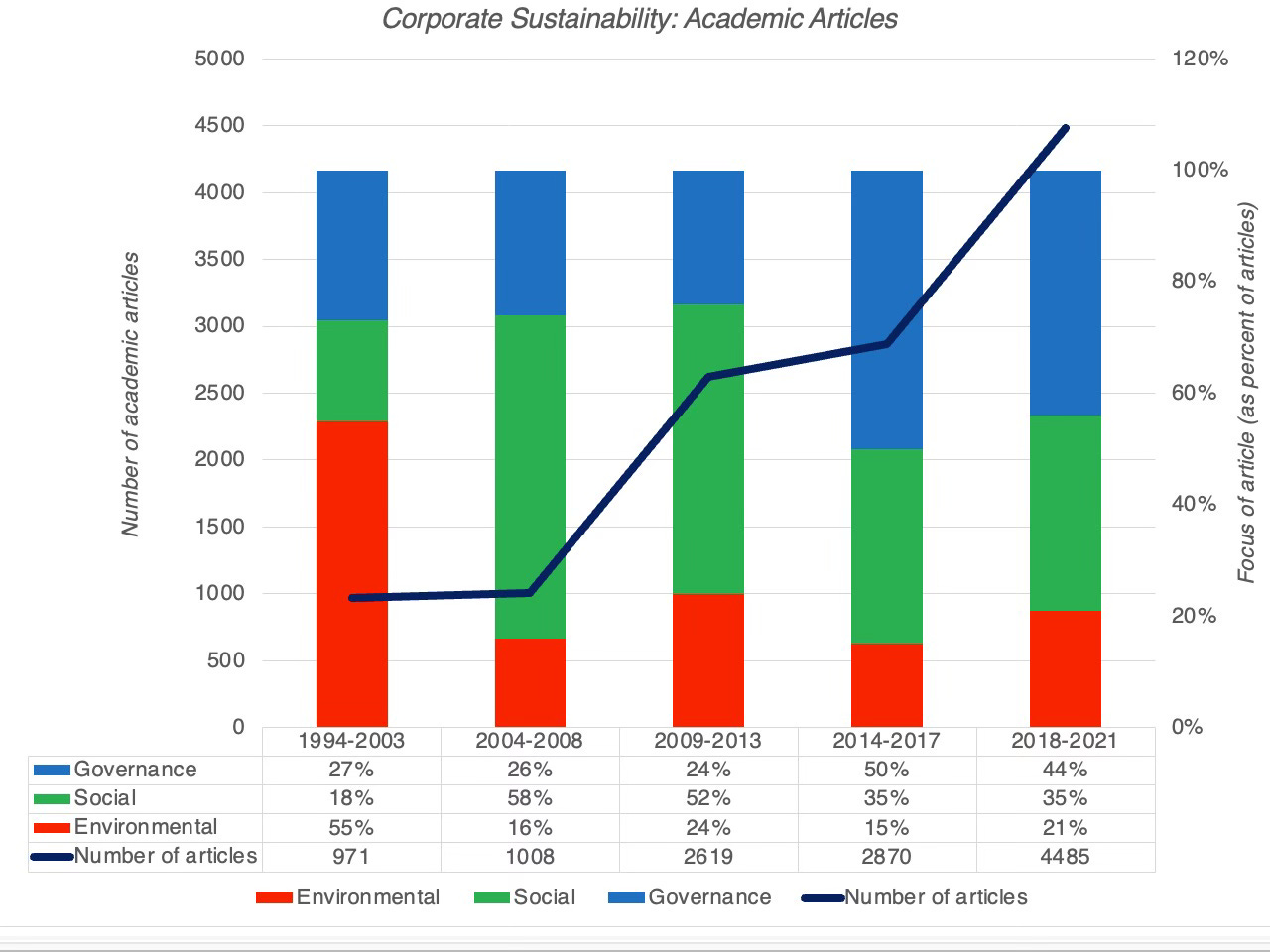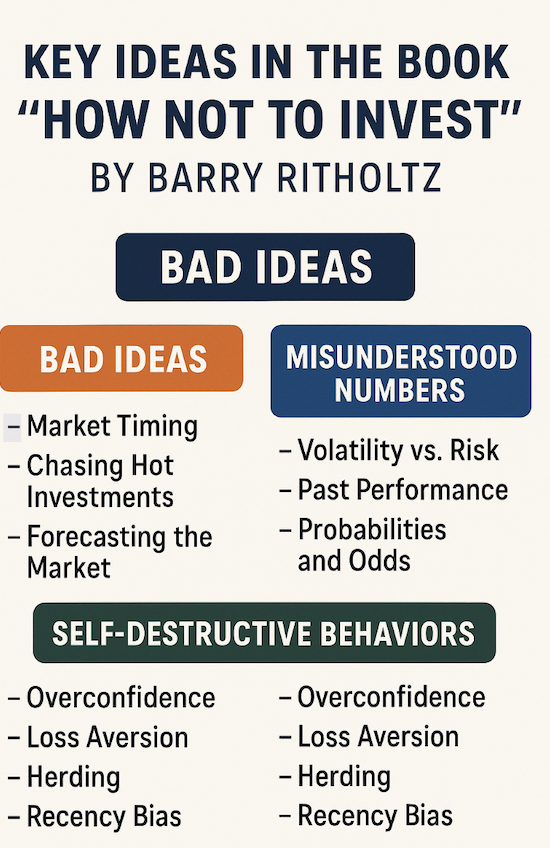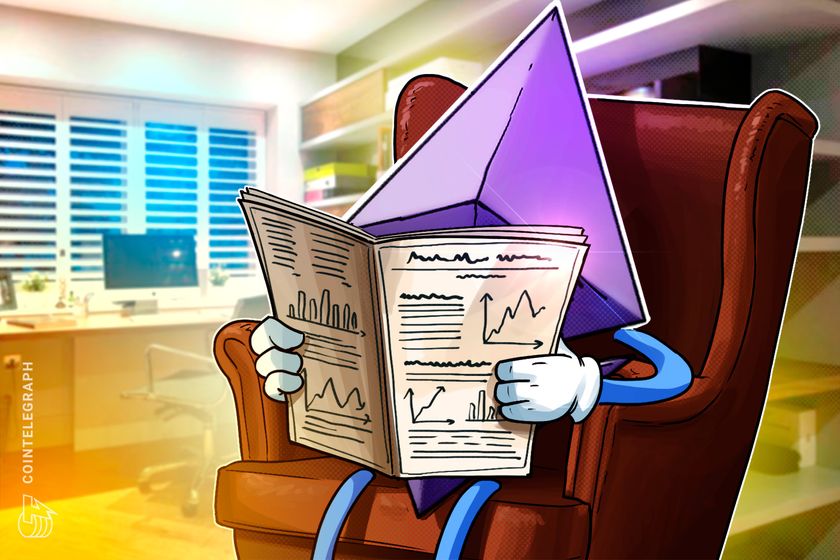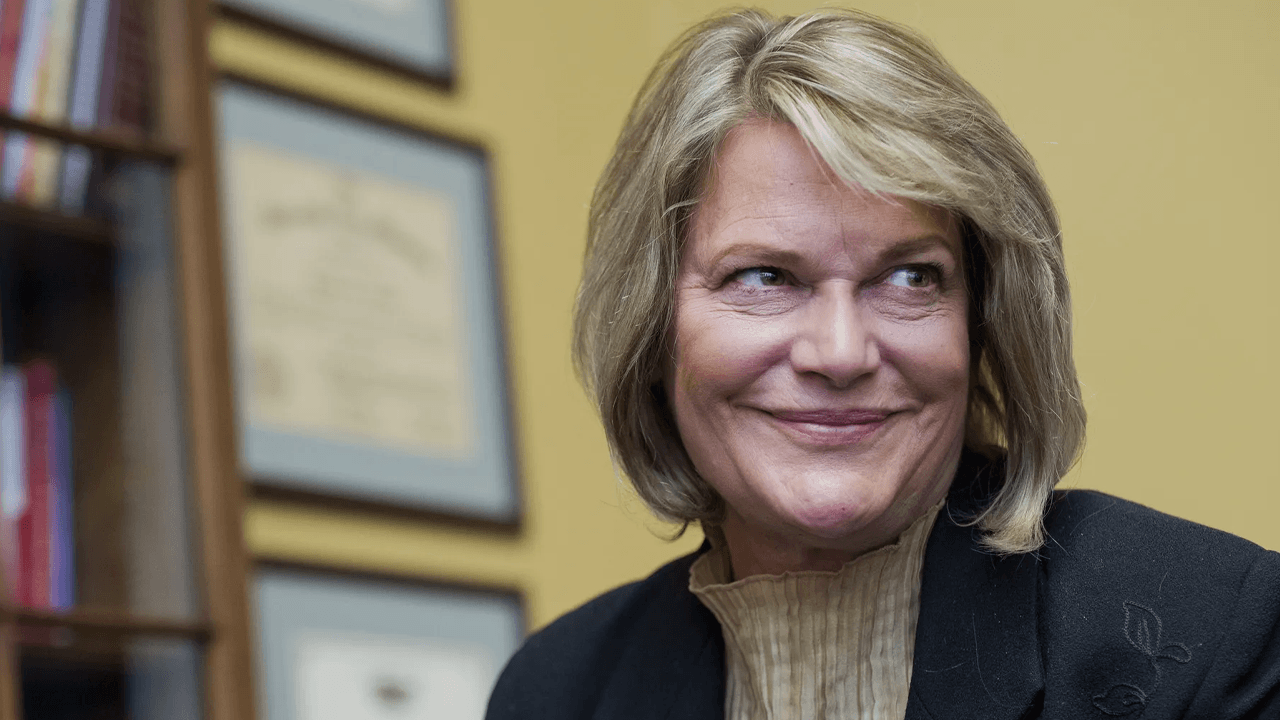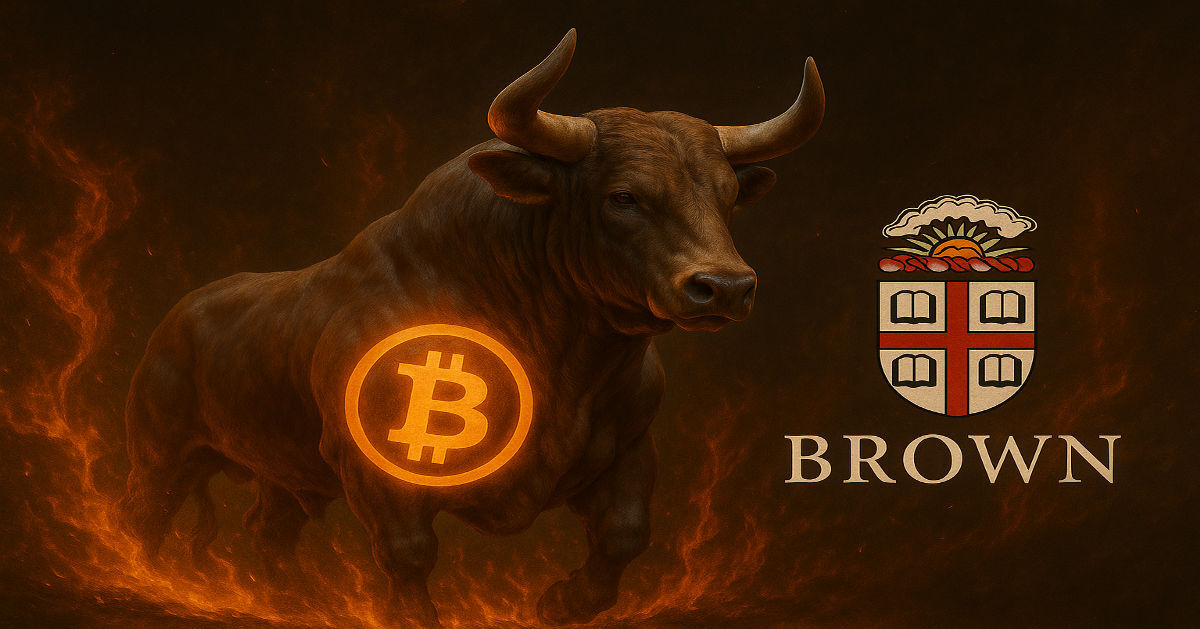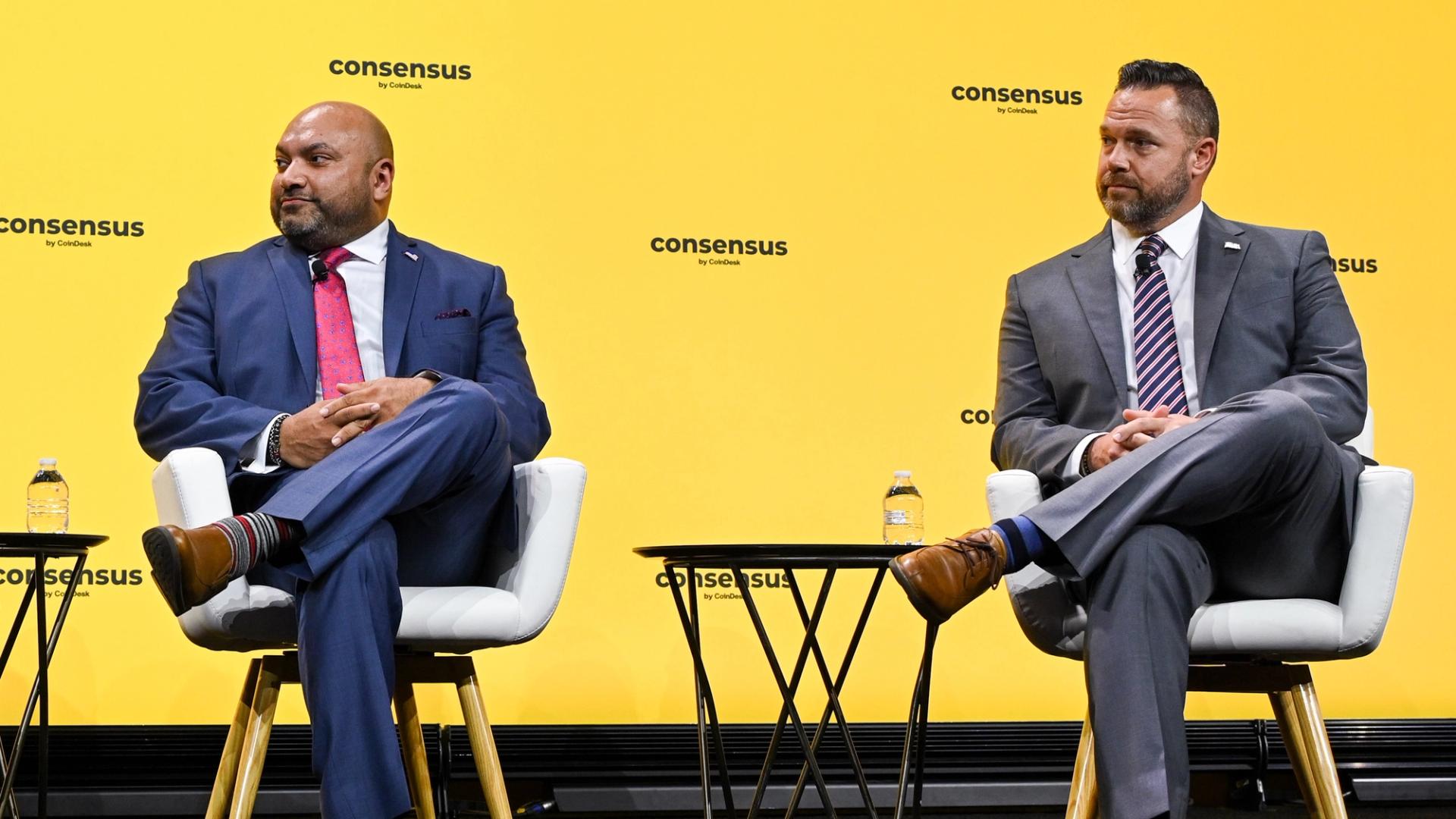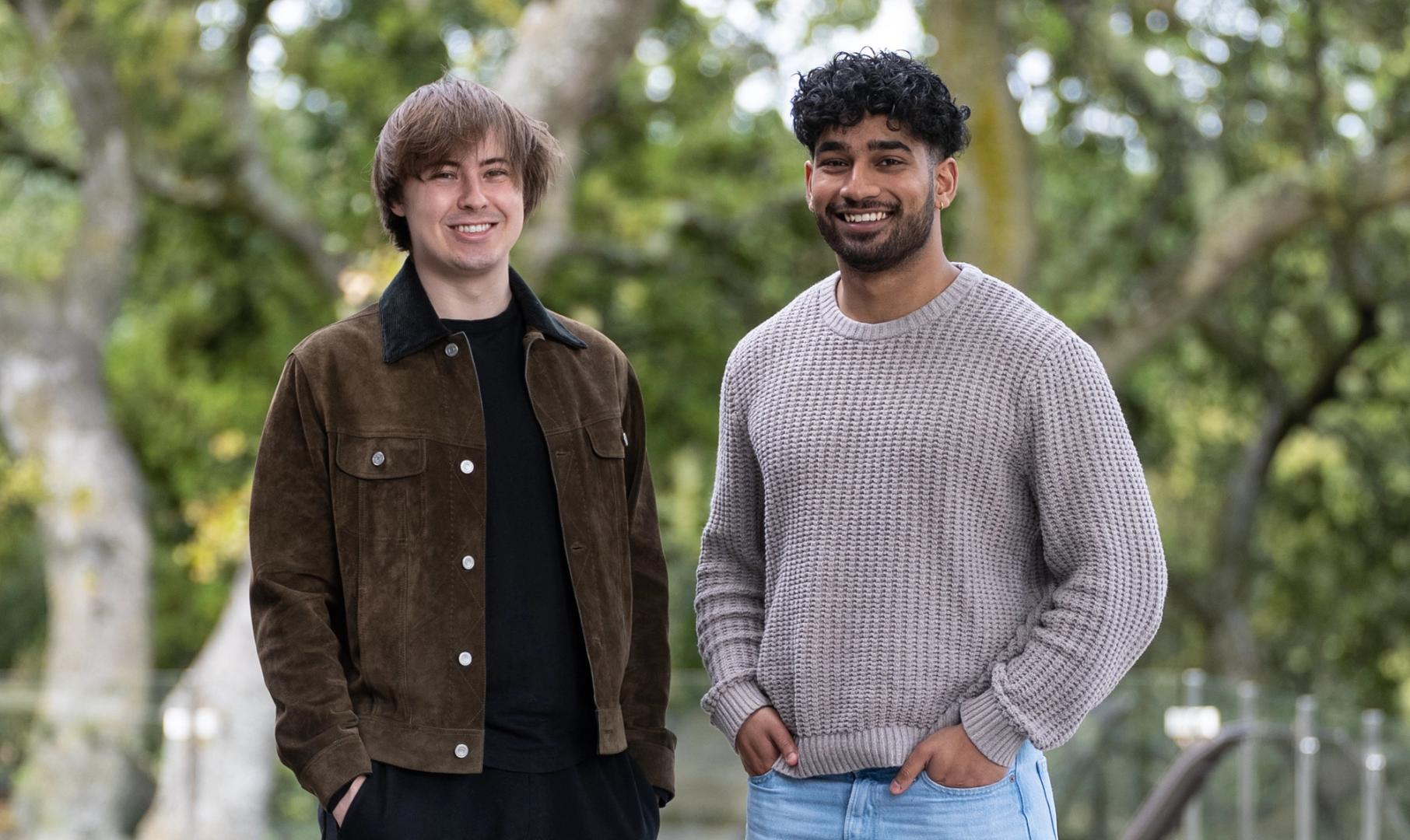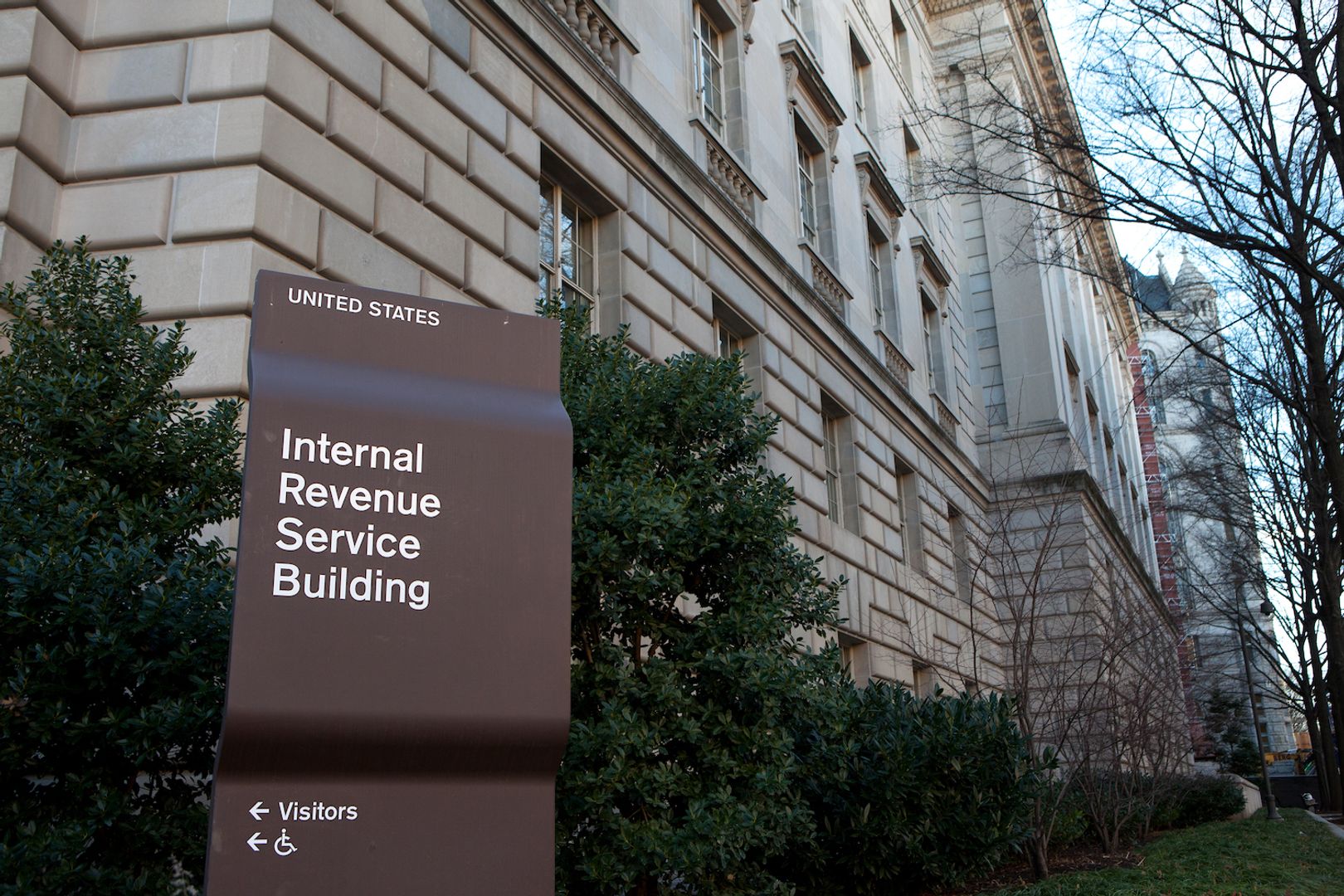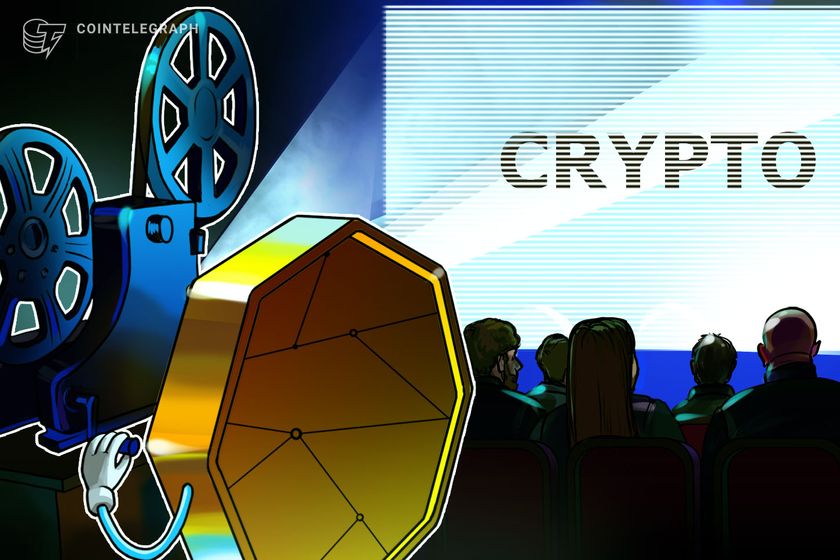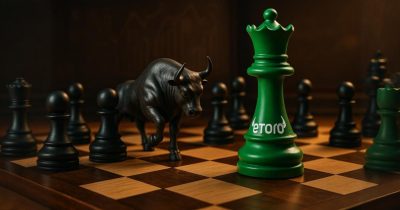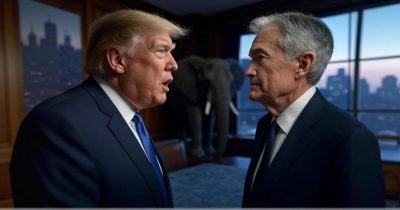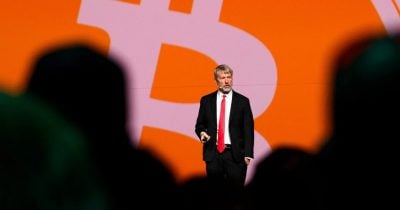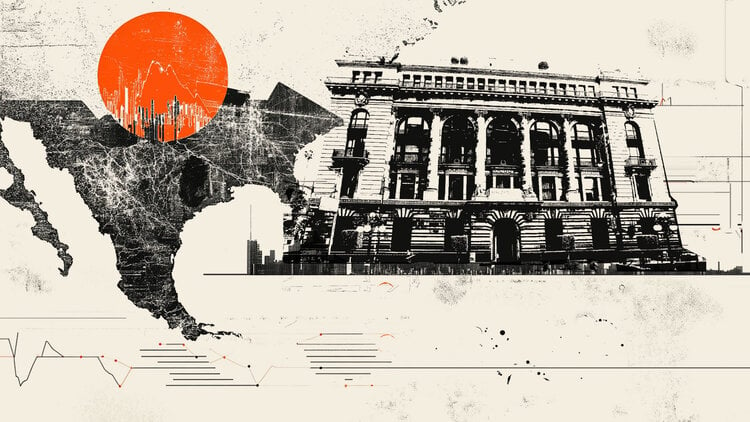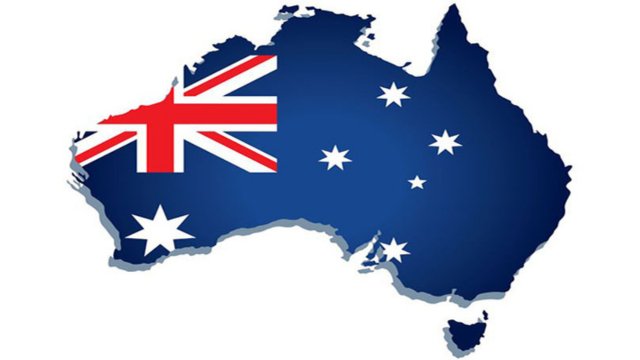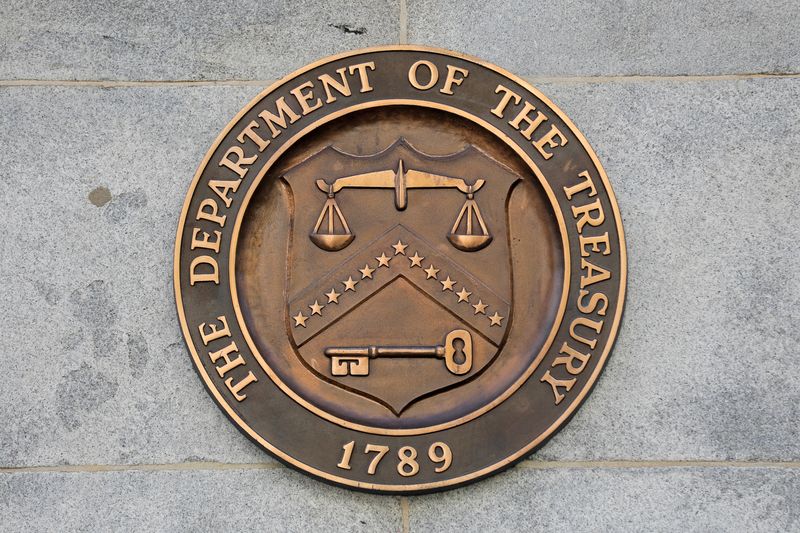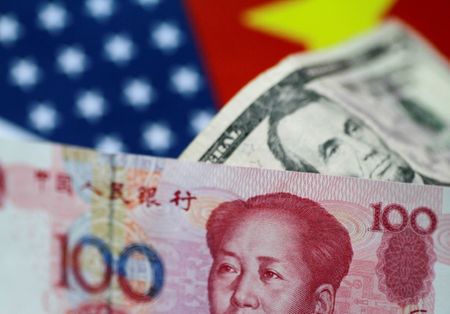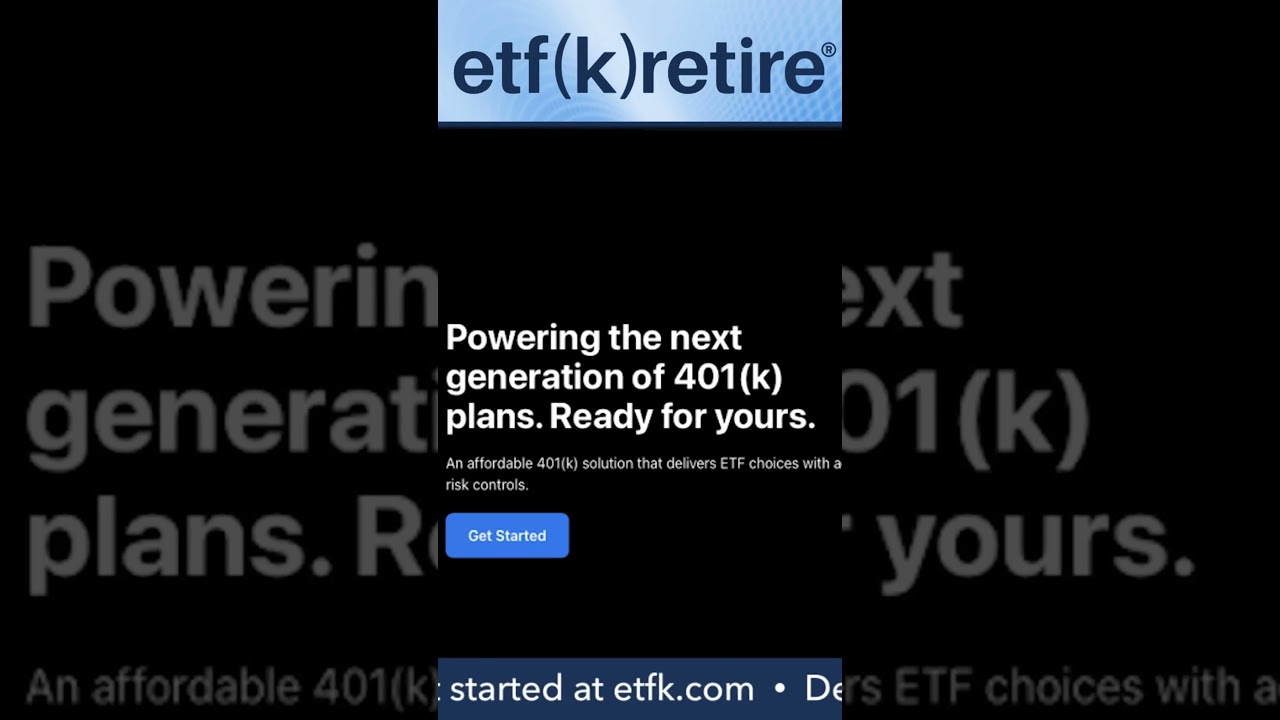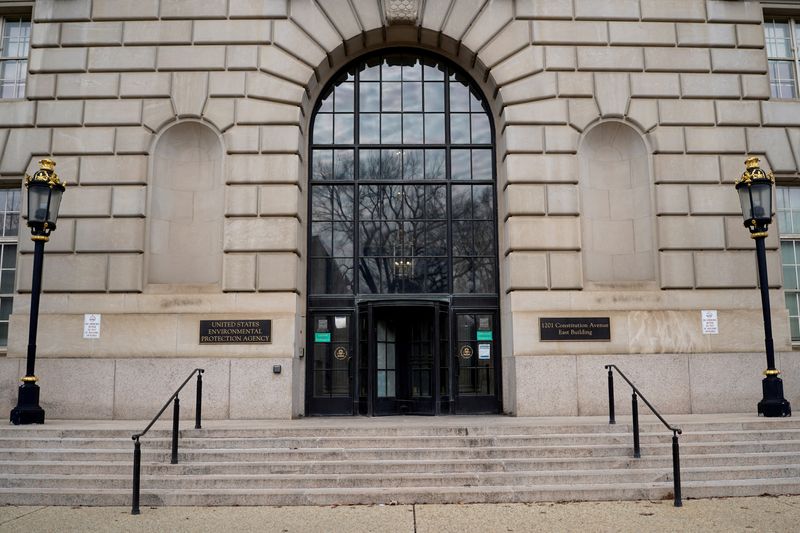Inside Washington’s tech summit, Silicon Valley’s elite gently make the case for skilled immigration to keep an edge in the AI arms race
At a gathering of policymakers and Silicon Valley executives, the need for the U.S. to maintain its “edge” by attracting the world’s best technologists.

- During a day-long conference in Washington D.C., leaders from government and the tech industry discussed how the U.S. could keep its lead against China in the AI race. Several speakers mentioned the need for the U.S. to attract the best tech talent from around the world. Those comments come at a time when the country has seen widespread immigration crackdowns that have swept up legal immigrants.
In an auditorium in the lower levels of Capitol Hill, tech leaders and policymakers gathered to discuss the AI arms race against China.
At the conference, known as the Hill and Valley Forum, luminaries from the tech world—Nvidia CEO Jensen Huang, Palantir CEO Alex Karp, and venture capitalist Keith Rabois—sat for interviews, while top government officials like Interior Secretary Doug Burgum and Speaker of the House Mike Johnson gave keynote addresses.
Attendees heard panels about self-driving submarines, training warfighters to use AI drones, and AI-powered rare-earth mines. As part of the conference’s theme of “Rebuilding America,” much of the conversation focused on the need for the U.S. to outcompete China in developing the suite of new technologies for the AI age. To do so, the U.S. would need to generate more power, build countless new data centers, and revitalize the Department of Defense’s innovation-averse organizational culture, according to conference’s speakers. The U.S. would also need to maintain its advantage in recruiting the world’s best technologists, including from other countries.
“We need to make sure that the best people in the world are here and that they are building alongside our companies,” said Thrive Capital founder Josh Kushner.
Elected officials in attendance also said the same. During a panel on AI policy, Senator Mike Rounds (R-S.D.) said if the U.S. could “keep the brightest minds here,” it would “win this game” against China.
“Number one, it is a matter of being inviting to other people that can actually create the future with us,” Rounds said.
Others at the conference made more overt calls to attract qualified people from the U.S.’s rivals to strengthen the domestic talent pool, while weakening theirs. Lux Capital founder Josh Wolfe, who moderated a panel on the use of AI in national defense, said he hoped to see a “brain drain coming from China and maybe other adversarial countries” to the U.S.
During the same session, Qasar Younis—founder and CEO of Applied Intuition, which develops autonomous vehicles, including for military purposes—pointed to the fact that many companies in Silicon Valley had large numbers of immigrants.
“There should be no question if you’re a doctoral student, or if you have a PhD in China, or a PhD in Russia and you want to come to the United States, we should find ways to attract that talent,” Younis said.
Younis also said that because of Applied Intuition's close ties to the Pentagon, he worried about espionage from China. He called for an immigration policy that protected U.S. companies from potential Chinese spies but that didn’t “throw the baby out with the bath water.”
“We have to have nuanced policies that specifically address China or other countries, other adversaries, but not everybody,” Younis said.
Younis saw sourcing talent from across the world as a boon for the U.S. tech industry. “There are 8 billion people and we need to continue to attract them,” he said. “That's our edge.”
Vinod Khosla, the founder of Khosla Ventures who is also a major investor in OpenAI, said “not getting the right amount of immigration” was one of the biggest risks to U.S. tech’s lead against China.
“America's advantage is we get the best talent from anywhere in the world. If there's one thing I'd say we could do, it's to get people who have PhDs in math or physics or AI to [come] here. Proactively go woo them to be here because it will be our largest advantage.”
Immigration policy in the tech industry became a flashpoint earlier this year when different factions of the Republican party fought over whether to curb H-1B visas for highly-skilled workers that Silicon Valley usually employs. Some immigration hardliners advocated for reducing the levels of both illegal and legal immigration, while conservative tech leaders, like Elon Musk and Vivek Ramaswamy, thought that H-1B visas were critical for the industry’s continued success. It was a rare rift in an otherwise tight-knit Republican party. (None of the speakers at the Hill and Valley Forum mentioned the months-old H-1B visa controversy.)
Immigration is one of President Donald Trump’s signature issues. Since taking office, the administration has targeted both illegal and legal immigrants, and particularly those at colleges and universities. International students across the country have been stripped of their legal status. Some have sued the government in court to have their student visas reinstated. Other international students have been detained by authorities. The White House did not respond to a request for comment.
On Wednesday, Senator Jack Reed (D-R.I.) alluded to the administration’s actions toward international students. He said the administration “threatening people with immigration” is going to “cut down on our talent and on our institutional capacity to innovate.” He also highlighted funding cuts to academic institutions, which had halted ongoing research projects.
This story was originally featured on Fortune.com

